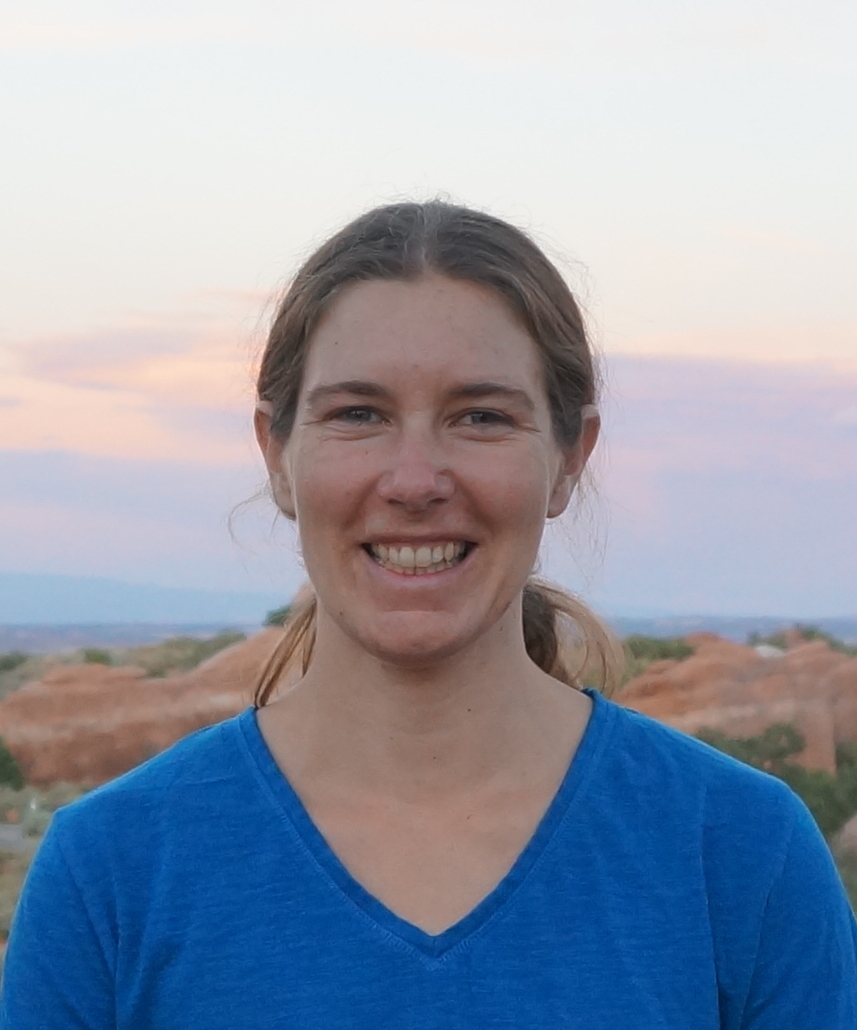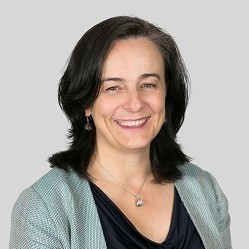R H CLARKE LECTURE
Caroline Ummenhofer received a Joint Honours B.Sc. in Marine Biology and Physical Oceanography from Bangor University, UK, and a PhD in Applied Mathematics, specialising in climate modeling, from the University of New South Wales (UNSW), Australia. During 2008-2012, she was a Postdoctoral Fellow at the ARC Centre of Excellence for Mathematics and Statistics of Complex Systems, UNSW Vice-Chancellor Postdoctoral Fellow, and Visiting Fellow with CSIRO Marine and Atmospheric Research in Hobart, Australia. Since 2012, she holds a faculty position in the Physical Oceanography Department at Woods Hole Oceanographic Institution, USA. She won several awards, including the Uwe Radok Award by the Australian Meteorological and Oceanographic Society, Eureka Prize for Water Research and Innovation by the Australian Museum, and the James B. Macelwane Medal by the American Geophysical Union. Caroline’s research focuses on the Indian Ocean and its influence on regional climate, especially on the hydrological cycle and extreme events, such as droughts and floods, and their impact on human and natural systems.











